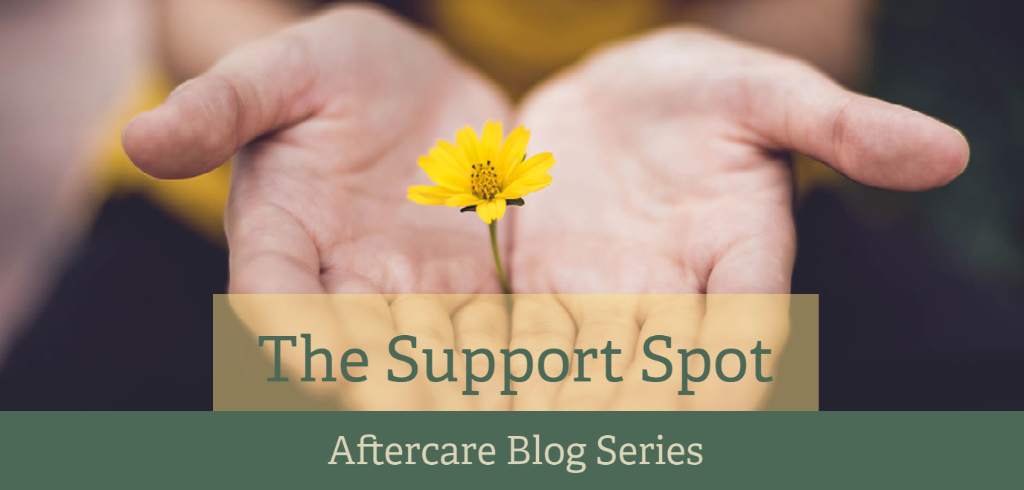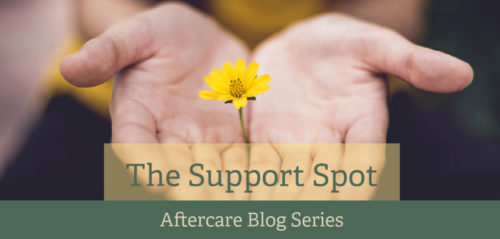
How do I make a connection?
The question, “How do I connect with my loved one’s organ recipient(s)?” or “How do I connect with my donor family?” may come up as part of the donation or transplantation process due to a strong interest in knowing more about the other. Donor families share that they are eager to hear how a recipient is doing following their transplant, and recipients are curious to know more about the person who generously donated an organ to save their life. The writing process can feel overwhelming. We know that you may have questions and feelings of uncertainty, all of which are very normal.
For donor families, the decision to write about your experience and loss is a personal choice. We hear from many donor families that the process of sharing more about their loved one helps in the grieving process.
For recipients, writing can provide the opportunity to thank the donor family for their loved one’s gift of life, hope and health.
Many donor families and recipients find comfort in corresponding, and occasionally the exchange of letters can lead to more direct contact via email, phone calls, or even meeting in person.
Taking that step
There is no waiting period to write letters to donor families or recipients, no rule on who can write first, and also no time limit for when to send a letter. Some recipients choose to write shortly after receiving their transplant, while others may take a few months or years, or only feel comfortable writing after receiving a letter from their donor family. Some donor families may choose to write soon after donation, while for others, the process may be difficult, and it could take months or years to either respond or write an initial letter. Donor families and recipients get to choose when the time is right to initiate contact or respond.
The Donor Family Aftercare team at LifeCenter Northwest facilitates all correspondence between donor families and recipients. Letters from donor families are sent to us and then forwarded to the recipient’s transplant center. The same process works in reverse for letters written by recipients – they are forwarded to LifeCenter Northwest from the transplant centers. This process exists to maintain confidentiality.
If the donor family and recipient decide that they would like to share identifying information and have more direct contact, we can act as a facilitator for this to occur. Our experience shows that most direct contact between donor families and recipients has an outcome that is positive, fulfilling and worthwhile. While potential problems are certainly rare, we will ensure that all parties have considered the possible benefits and concerns.
Over the many years of facilitating letters between donor families and recipients, we are always amazed by the thoughtful, kind and heartfelt letters exchanged between strangers who are connected in such a unique and profound way. Should a donor family and recipient connect directly or meet in person at some point along the way, it can be healing and comforting for both.
Ready to send a letter?
For more information about the process of sending a letter to your loved one’s recipient(s) or your donor family, please click here. Additionally, our Donor Family Aftercare team is always available to answer questions and provide support. Please don’t hesitate to reach out to us at (425) 201-6600.
“What we have once enjoyed we can never lose. All that we love deeply becomes a part of us.“
Helen keller
Visit our Donor Family Aftercare Page | Contact Us
Ashlei Lind is the Donor Family Aftercare Manager joining LifeCenter Northwest in June 2015. Lind and her team provide grief and bereavement support, as well as honoring opportunities, to organ and tissue donor families throughout our region. A graduate of the University of Washington, Lind is a licensed clinical social worker, with an emphasis on grief and bereavement support for children, youth and families. Lind has a strong passion for donation and transplantation as a result of the daily demonstrations of generosity, selflessness and compassion from donors and their families.






